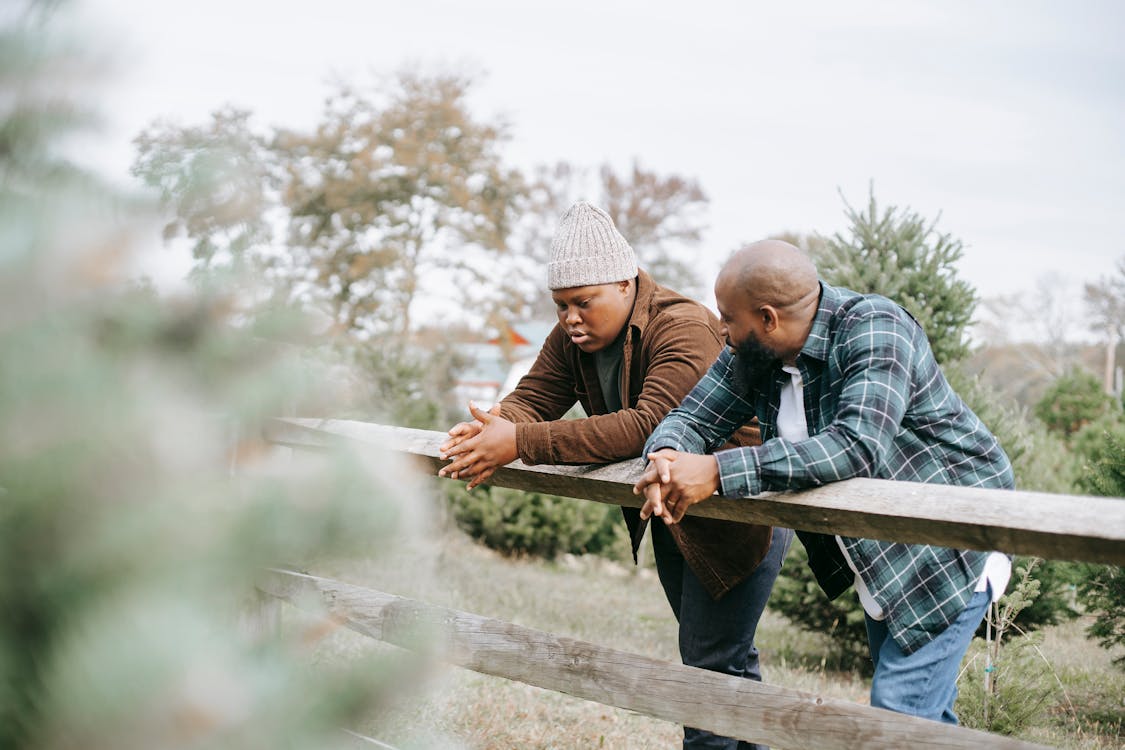Discovering that your teenage child may be experimenting with drugs can be a deeply concerning and distressing experience for any parent. It is crucial to approach this situation with empathy, understanding, and open communication.
In this article, we will explore how parents can navigate conversations with their teens about experimental drug use. By adopting a compassionate and non-judgmental approach, parents can create a safe space for dialogue and provide guidance to their children during this challenging stage of their lives.

Start with Empathy and Understanding
Initiate the conversation with a genuine sense of empathy and understanding. Recognize that experimenting with drugs is often a way for teenagers to explore their own identities, cope with peer pressure, or alleviate stress. Begin by expressing your concern and willingness to listen to their perspective without judgment.
Clinical psychologist Dr. David Anderson emphasizes the importance of empathy: “Approach the conversation with curiosity rather than anger. Seek to understand your teen’s motivations and emotions behind their experimental drug use. This enables a more productive and understanding conversation.”
Create a Safe Space
Ensure that your teen feels safe and comfortable during the conversation. Choose a setting where they can openly express themselves without fear of punishment or criticism. Assure them that your primary goal is their well-being and that you are there to support them through this process.
Active Listening
Listening is key when engaging in conversations about experimental drug use with your teen. Encourage them to share their thoughts, feelings, and experiences freely. Practice active listening by giving them your full attention, maintaining eye contact, and providing verbal and nonverbal cues that show you are engaged and understanding.
Educate Yourself
Before having the conversation with your teen, educate yourself about the specific drugs they may be experimenting with. Understand their effects, risks, and potential consequences. This knowledge will help you engage in a more informed conversation, allowing you to address their concerns and potential misconceptions.
Provide Accurate Information
When discussing drug use with your teen, it is crucial to provide accurate and evidence-based information. Debunk common myths, clarify misconceptions, and share the potential risks associated with drug experimentation. Utilize reputable sources such as the National Institute on Drug Abuse (NIDA) or Substance Abuse and Mental Health Services Administration (SAMHSA) to support your conversation.
Offer Alternative Coping Strategies
Discuss healthier alternatives to drug use that can help them navigate peer pressure, stress, or other underlying emotional issues. Encourage them to explore activities that promote well-being, such as sports, hobbies, mindfulness, or creative outlets. Providing alternative coping strategies can guide them towards healthier and more positive choices.
Approaching conversations about experimental drug use with your teen requires a delicate balance of empathy, understanding, and accurate information. By fostering open communication, active listening, and a non-judgmental approach, parents can create a safe space for their teens to share their thoughts and experiences. Remember, your role as a parent is to guide and support your teen through this challenging period, helping them make informed decisions and develop healthier coping mechanisms.
Your pivotal role as a parent is to navigate and support your teen during these complex times, guiding them towards informed choices and nurturing coping strategies. Let Roots Through Recovery assist and provide the guidance you both may need. Contact us today, and together, we’ll champion your teen’s journey towards well-informed decisions and well-being.




